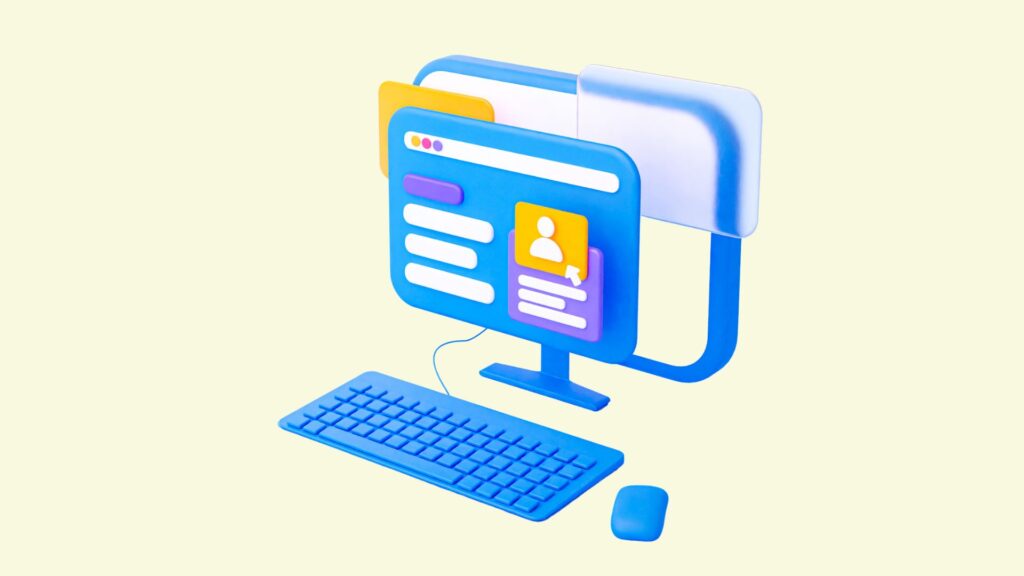Mastering Resource Page Link Building: A Powerful SEO Strategy
Resource page link building is a highly effective SEO technique that can significantly boost your website’s authority and search engine rankings. At IncRev, we’ve refined this strategy to help our clients achieve outstanding results. In this comprehensive guide, we’ll explore the ins and outs of resource page link building and share expert tips to maximize your success.
What is Resource Page Link Building?
Resource page link building involves acquiring backlinks from web pages that curate lists of valuable external resources. These pages are designed to provide visitors with a collection of high-quality links related to a specific topic or industry. By getting your website included on these resource pages, you can earn authoritative backlinks that signal your content’s value to search engines.
Why Resource Page Link Building is So Effective
The power of resource page link building lies in its mutually beneficial nature. When you suggest your content for inclusion on a resource page, you’re offering value to both the page owner and their audience. Here’s why this strategy works so well:
- High relevance: Resource pages typically focus on specific topics, ensuring your backlink comes from a relevant source.
- Editorial approval: Links on resource pages are manually curated, giving them more weight in search algorithms.
- Long-term value: Once added, your link is likely to remain on the resource page for an extended period.
- Increased visibility: Resource pages often rank well for their topics, potentially driving referral traffic to your site.
Finding Resource Page Opportunities
To implement this strategy effectively, you need to identify relevant resource pages in your niche. This is often the most challenging and time-consuming part of the process. However, there are various methods tho make it easier. Here are some proven methods we use at IncRev:
1. Utilize Search Strings
Use targeted search queries to find resource pages. Some effective search strings include:
- [Your keyword] + “useful resources”
- [Your keyword] + inurl:links
- [Your keyword] + “helpful websites”
- [Your industry] + “recommended reading”
2. Explore Non-Traditional Resource Pages
Look beyond obvious resource pages to find link opportunities. Search for:
- [Your topic] + “best blogs”
- [Your industry] + “places to learn”
- [Your niche] + “top sites”
3. Analyze Competitor Backlinks
Use tools like Semrush or Ahrefs to examine your competitors’ backlink profiles. Filter for URLs containing terms like “resources” or “links” to identify potential resource pages.
Best Practices for Resource Page Link Building
To maximize your success rate and build high-quality backlinks, follow these IncRev-approved best practices:
1. Create Link-Worthy Content
Ensure your content is truly valuable and relevant to the resource page’s audience. Focus on creating comprehensive guides, tools, or unique resources that stand out.
2. Personalize Your Outreach
When promoting your content to resource page owners, avoid mass mailing. Craft personalized email where you explain to the owners that your content truly adds value, and explain how. Show that you’ve thoroughly reviewed their page and that your content could be beneficial for them.
3. Offer Value First
Before asking for a link, provide value to the resource page owner. This could involve pointing out broken links on their page or suggesting improvements.
4. Follow Up Strategically
If you don’t receive a response to your initial outreach, send a follow-up email after a week or two. Be persistent but not pushy – you should always be polite in your communication.
5. Monitor and Maintain Your Links
Regularly check that your acquired links remain active. If a link disappears, reach out to the page owner to inquire about its status.
Scaling Your Resource Page Link Building Efforts
As you become more proficient in resource page link building, consider these strategies to scale your efforts:
- Develop a systematic process for finding and vetting resource pages
- Create email templates for different types of outreach scenarios
- Use outreach tools to manage your campaigns more efficiently
- Continuously create new, link-worthy content to expand your outreach opportunities
At IncRev, we’ve helped numerous clients implement successful resource page link building campaigns. By following these strategies and best practices, you can significantly improve your website’s backlink profile and boost your search engine rankings.
Conclusion
Resource page link building remains a highly effective strategy in the ever-evolving world of SEO. By creating valuable content, identifying relevant opportunities, and following best practices for outreach, you can build a strong backlink profile that enhances your website’s authority and search engine visibility.
Remember, successful link building requires patience, persistence, and a commitment to providing value. If you’re looking to take your SEO efforts to the next level, consider partnering with IncRev. Our team of experts can help you develop and implement a comprehensive link building strategy tailored to your specific needs and goals.
FAQ
How long does it take to see results from resource page link building?
Results can vary, but many websites start seeing improvements in rankings within 2-3 months of implementing a consistent resource page link building strategy.
Is it better to focus on quantity or quality when building resource page links?
Quality should always be your primary focus. A few high-quality, relevant resource page links can be more valuable than numerous low-quality ones.
How can I make my content more attractive for resource pages?
Create comprehensive, evergreen content that provides unique value to readers. This could include in-depth guides, original research, or interactive tools relevant to your industry.
What should I do if a resource page owner asks for payment to include my link?
At IncRev, we recommend avoiding paid links, as they can violate search engine guidelines. Focus on earning links through the quality of your content instead.
Can I use automated tools for resource page link building?
While tools can help streamline your process, successful resource page link building requires a personal touch. Avoid fully automated outreach, as it often leads to poor results and can damage your brand’s reputation.

